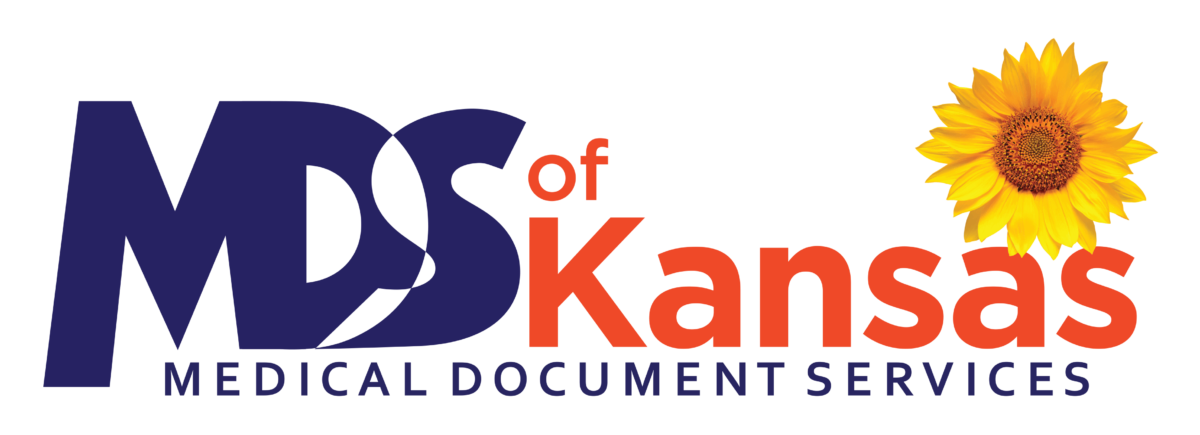This is a great article that speaks to the errors that can occur with Speech Recognition and EHR if proper editing and care are not taken for review. The end of the article even speaks to the growing demand for Medical Scribes, so be sure to read the complete article. You won’t be sorry!
It isn’t often that a doctor is mistaken about how many feet his patient has.
But that’s the mistake this young doctor made by relying too heavily on an erroneous electronic medical record. According to Dr. Richard Gunderman:
An intern recently presented a newly admitted patient on morning rounds, reporting that the patient was “status post BKA (below the knee amputation).” “How do you know?” the attending physician inquired. “It has been noted on each of the patient’s prior three discharge notes,” replied the intern, looking up from his computer screen. “Okay,” responded the attending physician. “Let’s go see the patient.”
When the team arrived in the patient’s room, they made a surprising discovery. The patient had two feet and ten toes. Where did the history of BKA come from? It turned out that four hospitalizations ago, the voice recognition dictation system had misunderstood DKA (diabetic ketoacidosis) as BKA, and none of the physicians who reviewed the chart had detected the error. It had now become a permanent part of the electronic medical record — as if written in stone.
Fortunately, this error could be easily corrected. But the intern’s mistake highlights a growing problem with government-mandated electronic medical records. Doctors are spending more time in front of computer screens and less time with actual patients. This affects how doctors interact with patients. Inevitably, errors creep into their patients’ charts. Prudent patients should be aware of this trend and take steps to ensure the accuracy of their medical records.
The HITECH (Health Information Technology for Economic and Clinical Health) Act of 2009 essentially mandates that physicians and hospitals adopt electronic records by 2014, or face penalties in the form of reduced Medicare/Medicaid payments.
At first glance, adopting electronic medical records (EMRs) would seem a no-brainer for doctors and hospitals. After all, electronic records are the norm for many successful businesses, assisting with sales, inventory, and billing. In theory, electronic medical records should allow doctors to work more efficiently. But in practice, many doctors are finding that EMRs hinder their ability to practice good medicine.
A recent study from Northwestern University found that, “physicians with [EMRs] in their exam rooms spend one-third of their time looking at computer screens, compared with physicians who use paper charts who only spent about 9% of their time looking at them.” According to Enid Montague, PhD, first author of the study, “When doctors spend that much time looking at the computer, it can be difficult for patients to get their attention… It’s likely that the ability to listen, problem-solve and think creatively is not optimal when physicians’ eyes are glued to the screen.”
New York Times health writer Dr. Pauline Chen similarly described that young doctors in training are so busy filling out obligatory electronic forms, they spend only 8 minutes per patient each day. As a result, they cut corners:
When finally in a room with patients, they try to [rush through interviews] by limiting or eliminating altogether gestures like sitting down to talk, posing open-ended questions, encouraging family discussions or even fully introducing themselves.
As Dr. Chen noted, the bad habits they learn in training will carry over to when they become independent practitioners.
(Some doctors are coping with this problem by hiring “scribes” — additional clerical people to enter data into the computer, while the physician converses with the patient. But this requires physicians or hospitals to hire additional personnel. As the New York Times noted, “In most industries, automation leads to increased efficiency, even employee layoffs. In health care, it seems, the computer has created the need for an extra human in the exam room.” The “solution” of scribes doesn’t eliminate the inefficiency caused by electronic medical records — it merely shifts the problem elsewhere.)
Medical Document Services of Kansas, LLC (MDS) is a Wichita, Kansas healthcare document service specializing in Medical Transcription, Revenue Cycle Management, AzaleaHealth EHR, and REAL-TIME solutions with Medical Scribes. We provide efficient, accurate, affordable quality services for hospitals, clinics, and facilities of all sizes. Call 866-777-7264 today, or visit our website for more information. We have education programs in Medical Scribe Specialists and Healthcare Documentation Specialists.

